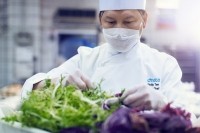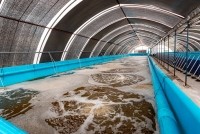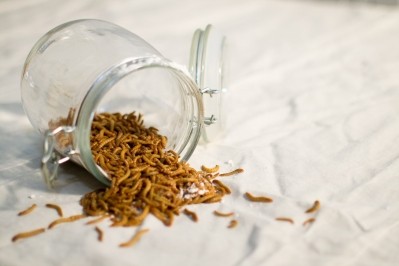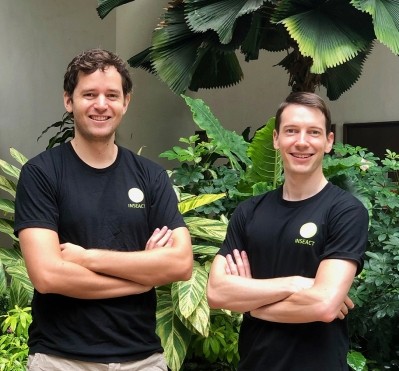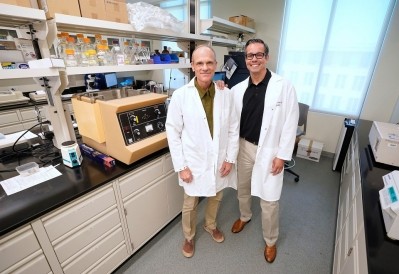Singapore partnership looks to convert airline food waste into insect protein meal
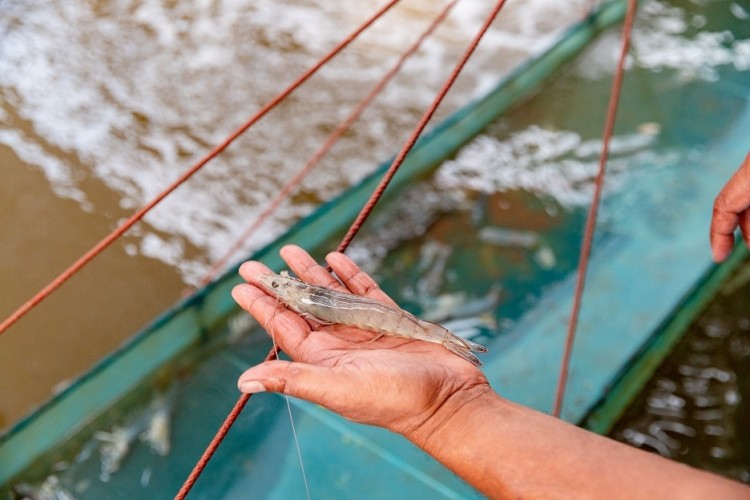
dnata, a leading global air services provider, has signed a Memorandum of Understanding (MoU) with Blue Aqua Food Tech (Blue Aqua) to boost food security in Singapore.
The partnership will see Blue Aqua upcycle organic waste from dnata’s catering and ground handling operations into alternative insect protein.
The alliance is looking to supply Singapore’s farmers with sustainable access to a domestically produced animal feed ingredient. Most feed in Singapore tends to be imported.
The focus of the waste to protein collaboration is on aqua feed. “As a leader in aquaculture, Blue Aqua is able to engineer insect meal protein specifically for aquaculture feeds,” said Nathalie Lim, vice-president, marketing, Blue Aqua International Pte. Ltd.
Mealworms, crickets
The company’s insect production is based on insects native to Singapore and commonly cultured in the region such as mealworms and crickets, she told us.
Its bioconversion technology processes underutilized nutrients from the airline food leftovers and transforms them into insect meal with the idea of being able to phase out the use of the fishmeal component in fish feed rations.
The organic waste supplied is biologically treated before it is fed to the cultured insects, said Lim.
Role of aquaculture in Singapore's food security plan
Blue Aqua has one of the largest land-based shrimp farms in Singapore.
The objective of Blue Aqua is to maximize its production of seafood to supply to the Singapore's market, to ultimately create a sustainable food future. dnata will also add Blue Aqua to its list of suppliers to purchase locally farmed seafood for its catering operations, as part of the agreement.
But the MoU is only the starting point to a deeper alliance between Blue Aqua and dnata, said the parties.
Ultimately, they are looking to develop and implement a ‘zero waste’ master plan, an objective in line with Singapore's 30x30 initiative which aims for the city-state to produce 30% of its nutritional needs domestically by 2030. Today, Singapore imports more than 90% of its food.
“With this mandate, aquaculture will play an important role in the future of Singapore's food security. However, local farms still rely heavily on imported feed and raw materials, which the program is aiming to mitigate,” said the innovator.
